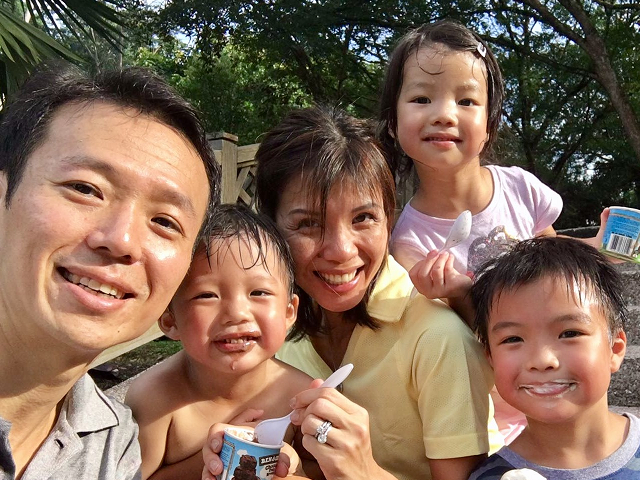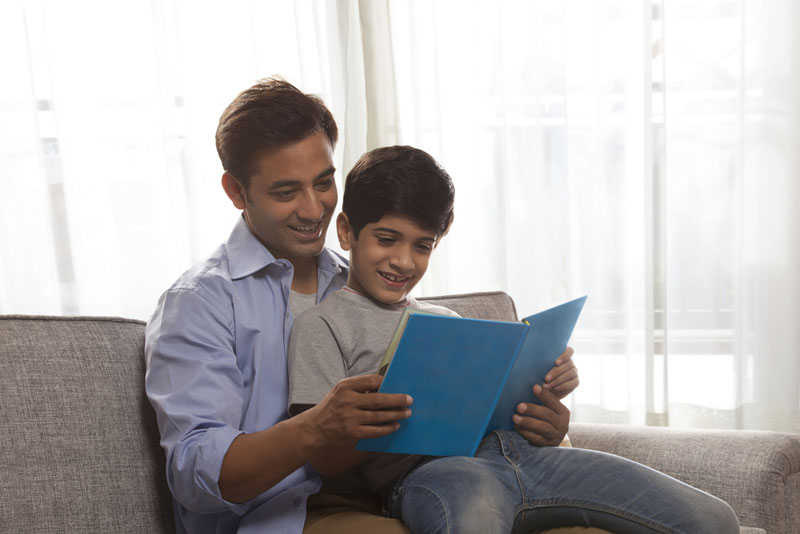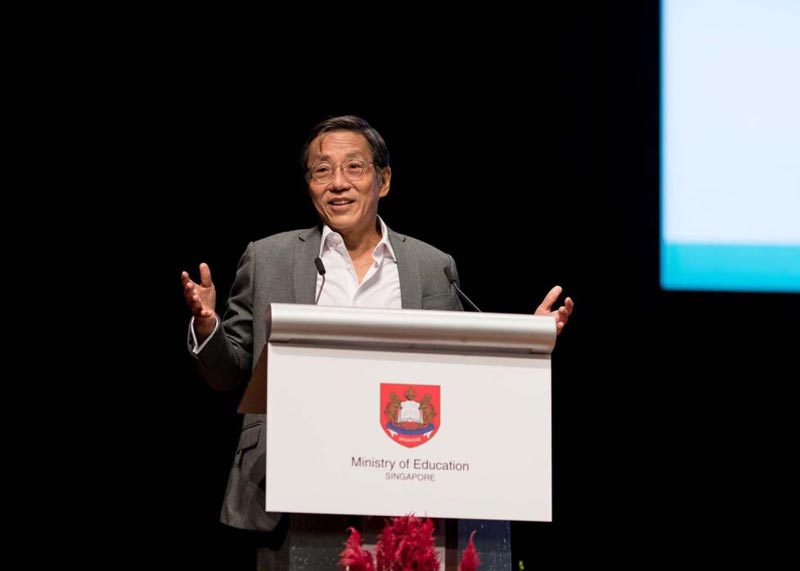Like any parent, Mr Lee Chee Koon worries about his children’s future. But he does so with particularly good reason: The father of two boys and a girl, aged 3 to 7, also happens to be the CEO of a serviced-residence business with operations in 28 countries. And he was on the Committee on the Future Economy’s Sub-committee on Jobs and Skills.
He’s got a vantage point that many other parents may not have. And what he sees doesn’t make him comfortable. Because he sees extraordinary hunger and drive in job-seekers from countries like China, where he was based for four years; and Spain and Italy, where high unemployment levels are pushing youth to look for opportunities overseas.
He sees a future where jobs are increasingly international, and competition with these highly motivated, hard-working individuals is unavoidable.
He also sees the way technology is changing the way we work. Machines are becoming smart enough to learn, automation is becoming complex enough to replace a lot of manual labour, and Internet-driven business models like AirBnB and Uber are disrupting traditional companies’ business.
His own company has had to adapt. “My job is to grow the business and make sure there are enough opportunities for everyone,” he told his staff. “But some jobs may change as a result, and people must be willing to be retrained.”
That’s why he’s worried for his children. They, and those of their generation, will need great adaptability and resilience to thrive in an uncertain future. But Singapore isn’t known to be the kind of place that breeds these qualities naturally.
“Singapore is a safe environment. We really care for citizens from cradle to grave,” Mr Lee says. “It’s nice to work here, but it’s also quite surreal, because the rest of the world is not like that. Even the other global cities.”
Singaporean graduates have been known to consider a China posting to any city other than Shanghai as “hardship”, while young Spaniards and Italians are happy to seize any opportunity in any Chinese city, and compete with the locals for jobs.
Raising resilient kids: Ideas for parents
What does all this mean for Singaporean parents? How can they inculcate the toughness and resilience that their children need?
“We need to be prepared to let our children make mistakes and fail,” says Mr Lee. “Our role is to provide a safety net, and not to over-parent.”
It is this attitude that he and his homemaker wife bring to their child-raising. While he concedes that “it’s difficult to artificially create a harsh environment”, they hold firm on these points:
- Eat or go hungry. “When my kids refuse to eat what is being served at mealtimes, I’ll tell my wife that we can pack the leftover food. Nothing until the next meal; no snacks in between. Then they will learn what hunger means.”
- Pack their own bags. “I hope to send them to camps when they are young, without parental involvement. I know of parents here who worry about whether their kids have brought everything they need for camps. My take is, you can give your child a checklist. Let him pack. If he doesn’t bring anything [that he needs later], let him learn the hard way.”
- Build things. “We build things together, whether it’s a simple Lego set, or a model kitchen made of cardboard, or a piece of furniture from Ikea. The idea is to get them used to working with their hands and go through the trial and error process.”
- Fix things. “When something is spoiled at home, like a clock, I will fix it with them. I will remove the screws, explain how it works, and get them to try putting it back together.”
- Look out for others. “When our younger son goes for his English class, we will sit our elder son outside the classroom and tell him to wait for his little brother. We do this to teach him about being responsible for someone else. Also, it can be quite daunting for a 7-year-old to wait alone but he has to learn to overcome his anxieties.”
- Take the lead when crossing the road. “When crossing the road with my 4-year-old kid I will say, ‘Tell me when you think it’s time to cross.’ This trains them to be independent because we’re not going to be there whenever they cross the road.”
- Go outdoors and get dirty. “On weekends, we go to the Botanic Gardens, farms, and all the different parks. They do their skate-scooting, and we teach them cycling. We want them to run around and get used to a more rugged life.”
- See the grittier side. “As the kids grow up, I want to bring them to see societies which may be underprivileged. We could always bring them to nice places that are good for holidays, but I want them to be mindful of underprivileged people, and develop empathy for them.”
- Gain work experience early. “I intend to find work opportunities for them when they are a little older – it could be at a hawker centre, where they can learn how to serve, or at a provision shop where they can learn how to handle money and convince people why they should buy something from them.”
Mr Lee’s learning-through-failing approach extends to his children’s education as well. “We must be able to accept whatever results they get, as long as they have done their best,” he says.
“The question is whether or not they can learn to pick themselves up [after getting poor grades]. If they try and still fail, it could be that they’re just not good in that subject. Our role then is to help them uncover their strengths.”
He does not believe in protecting his children by sending them to the best schools and providing them with the best tutors – because eventually, they would have to fend for themselves in the real world without their safety nets.
As he says, “If they only suffer failure when they are adults, it will be far more difficult to handle.”






